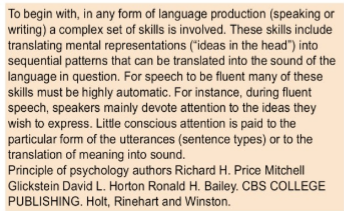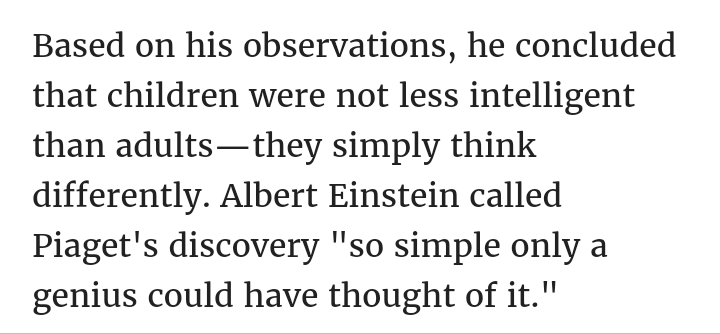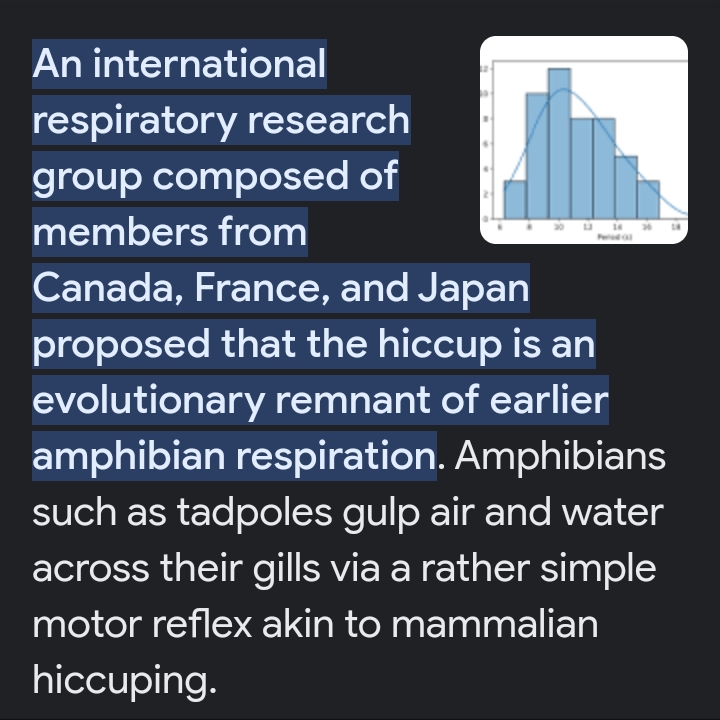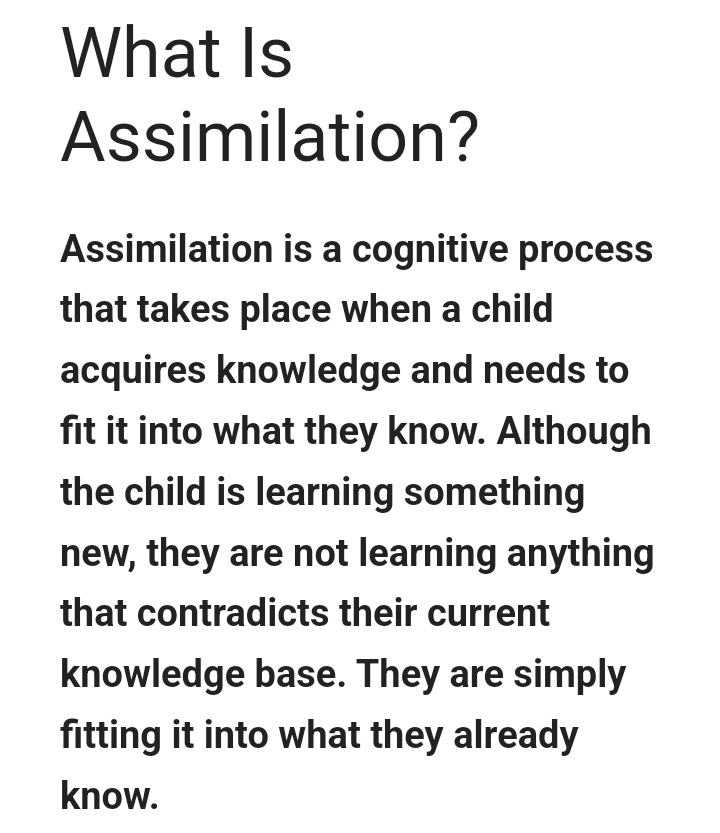Virtues. Part 1.
Physically we are better at
accommodation than mentally.
If you learn Australian Rules
Football from a young age you will
rotate through all positions on
the ground. You will play using
your non-preferred side of your
body to showcase your ability
to breakdown muscle reaction
and mental capacity to reorganise
in the mind new schema--
physically what you are doing.
Life is complex, it includes learning, my experience as an AFL Coach is as much about me, as it is about the participant. I assess the participant and that guides me-- what I'm looking for are participants with virtues of learning.
What is a virtue of learning? Perception (All sensory perception is a miraculously complex process*), knowledge from interpretation and detection of sensory stimuli, adaptation, accommodation, assimilation are virtues but more importantly small characteristics I'm looking for in an individual participant to lead a team and for others to model themselves on.
I prepared for my first assignment and when the day came: the mother's watched on. Five minutes later and they're gone leaving me in charge. I'm sure they had a perception of what their child was in for, with some trust in the club that coaches are vetted, skilled and appropriate, that trust is never undermined. One takes a professional approach while making it fast, fresh and fun.
There comes a time when a season ends. In preparation for the next year, the club awards a cap to the participant the coach selects to be captain. The idea being the participant takes on the role, wears the cap, steps-up representing the club. There's a history with the cap. It was used by footballers to "mark" the spot a rival took a grab. A mark in Australian Rules Football is when a participant catches the ball from a kick over 15 metres.
Andy was number 1. He wasn't the most gifted or the tallest or fastest but he was a bit of everything. I selected Andy to be the captain for next year's season.
Before you know it, we're doing it again. My greatest moment: Andy decided he was going to umpire that year. I caught up with him later in the season and he told me he had a greater insight to the game, a deeper respect for umpires and was fitter. I feel Andy has the right virtues to tackle anything.
*Child Development: A First Course. Kathy Sylva & Ingrid Lunt.


Virtues. Part 2-- Accomodation.
Virtues of Learning: Accommodation.
Virtuo accommodatas: mental structures undergo
reorganisation so that new
information structures can be
integrated into the cognitive system.
This starts from the first
lesson in Modified Rules:
Fold your arms, now fold your
arms the opposite way.
Right under left, left over
right-- feels good.
Right over left, left
under right-- doesn't
feel good.
This usually gets a giggle,
participants are coached to make it
feel right either way, and it takes
many other instructions and play
around breaking down schema.
Participants can be influenced by
what they see;
what they see is glamorous and grand.
The reality is a lot simpler.
I was given feedback and I passed
this on to the team.
The umpire would like you to
know you are bouncing the ball
too much. Run, the umpire said,
then bounce.
The 'bounce' is not an easy skill
to learn. I know someone better
than myself and I would use this
participants knowledge
and experience to instruct
others. I used this participant
to teach individuals.
This participant had great
balance on either side of the
body. The participant was
skilled in accommodation,
not that he was accomplished
in the bounce,
the participant stepped
outside being a student
and became the teacher.
Virtues. Part 3-- Adaptation.
Virtues of Learning: Adaptation.
Virtuo adaptadatas:
Adaptation is the ability to
adjust to new information and
experiences. Learning is
essentially adapting to our
constantly changing environment.
Through adaptation, we are
able to adopt new behaviors
that allow us to cope with change.
I think we unconsciously adapt
to situations and rely on our
experience to help, we as humans
still have traits after millions
of years of development: the hiccup.
This simple adaptation allowed the
first humans to breath air;
that hiccups originate from our
amphibian ancestors.
Is it a long bow to draw?
It's not an outlandish statement,
however many people don't believe
in our evolution, and theres nothing
wrong with that, but what does it
say about adaptation. If you
are not open to adaptation
you may not adapt to new information.
Human organism can adapt
because it is part of the Great
Design, in fact most organisms
adapt-- adapt or die.


Virtues of Learning: part 4, assimilation.
"when you encounter something new,
you process and make sense of it".
Cultural assimilation.
Assimilation in Australia is
something different not
something new.
When I took my first breath
in Australia it was fresh,
sharp, and clean to what I was
used too. Australians are
different because of a
Colonial heritage, evidence
is in the way information is
accepted, you see Australians
live by a Credo, Such is Life,
and by nature act against
the Tall Poppy.
Tall poppy syndrome is a
process of social levelling,
due to lack of respect
for wealth, power and
pretensions, whereby
successful people are
criticised. Intense
scrutiny and criticism
of such a person is
termed as "Cutting
down the tall poppy".
Australians love an underdog.
Australians pride themselves
on uprising in the face of
adversity and working together
toward a common goal.
Commonly
portrayed about in the Australian
culture is the idea of
the 'underdog'-- the little
guy against the big,
powerful rule-makers.
Australia is a continent of
contrasts, contradictions and
colossal inefficient systems.
It's un-Australian to not
assimilate to *The* Australian
Culture. It is a land of confusion.
Australia has no
Manufacturing Industry.
The industry collapsed
under "pay and conditions"--
high wages and the 36 hour working
week. Australians live off
the wealth in the land,
super-pit holes in the ground:
seen from space.
Assimilation in psychology
How do children assimilate?
"The process is somewhat
subjective because we tend
to modify experiences and
information slightly to fit
in with our preexisting beliefs."
Assimilation is part of the
psychology involved,
it's labelling in diagnosis.
It's also with us forever,
because our experience and
information changes.
At a young age it develops
as much as that person
is capable of.
Understanding of abstract
ideas and logic start to
develop in a
natural organic chemistry-- Life.
